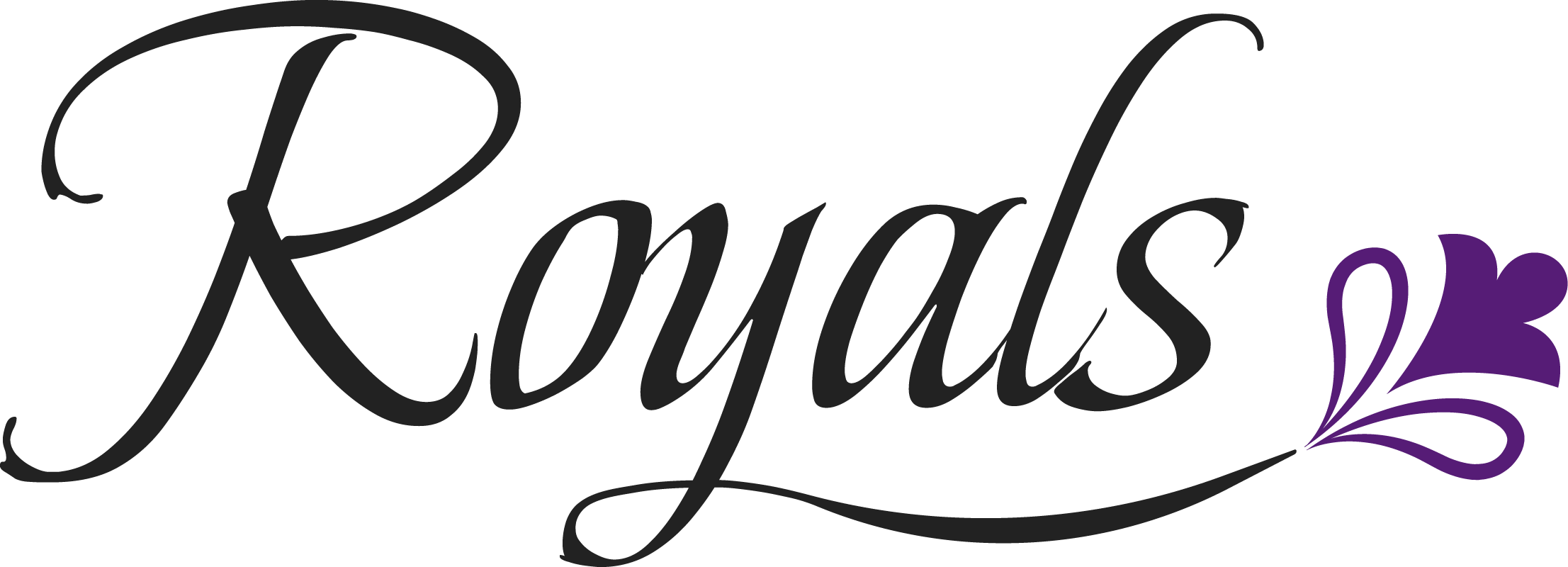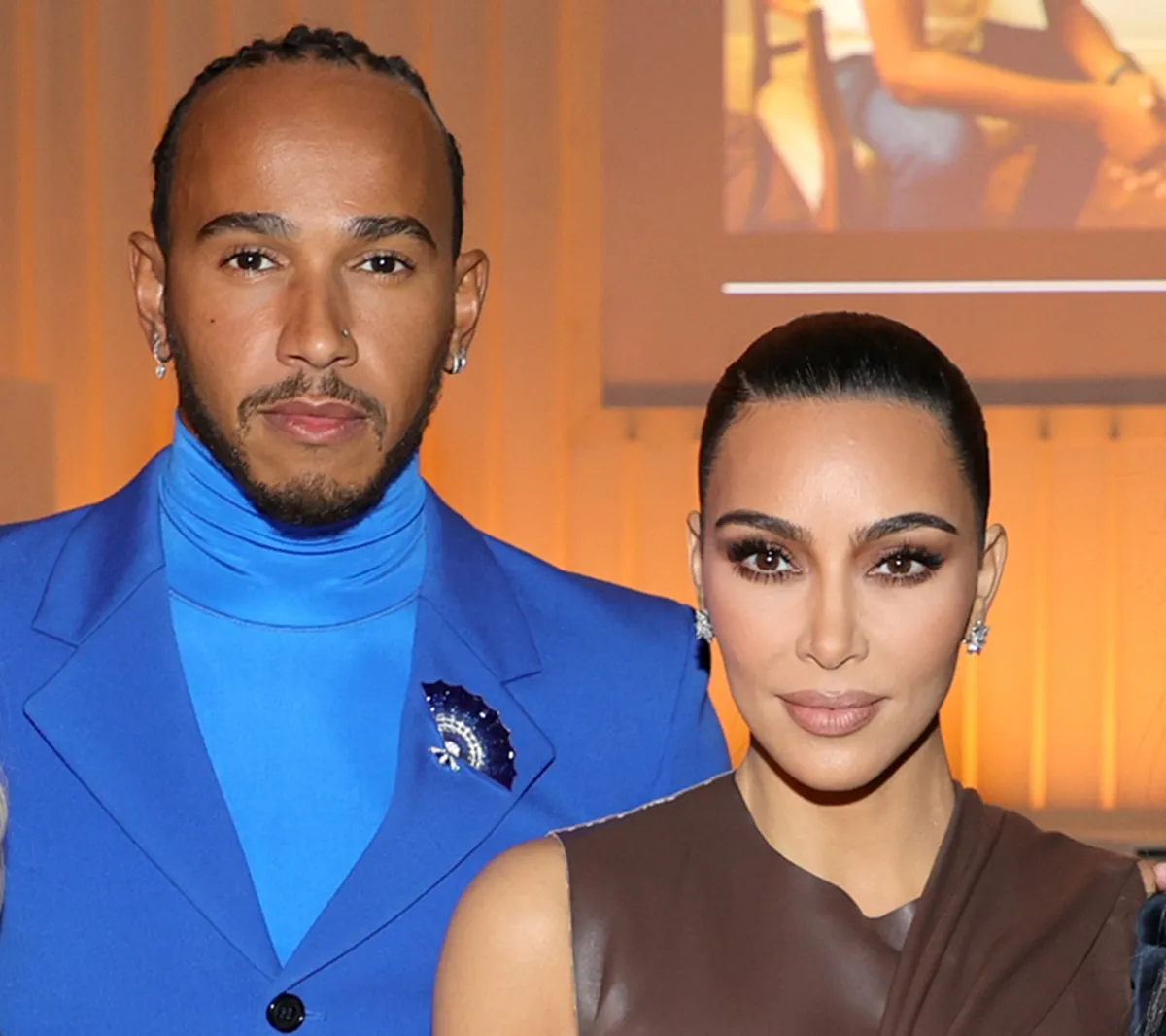Many Royal Fans Used to Believe Queen Elizabeth Was ‘Chosen by God’
Most Americans believe one of two things about the British monarchy. Either they think it’s a romantic notion, harkening back childhood fairytales of kings, queens, and fairy princesses. Or, they think the entire thing is overrated and can’t understand why so many citizens obsess over them.
Whether you love or hate the royal family, one thing is certain — there’s a very different perception of them in the United Kingdom compared to how we view them across the pond. Even now, that public image is shifting. It’s incredible to think about, especially considering that a huge percentage of people used to believe the position was influenced by a higher power.
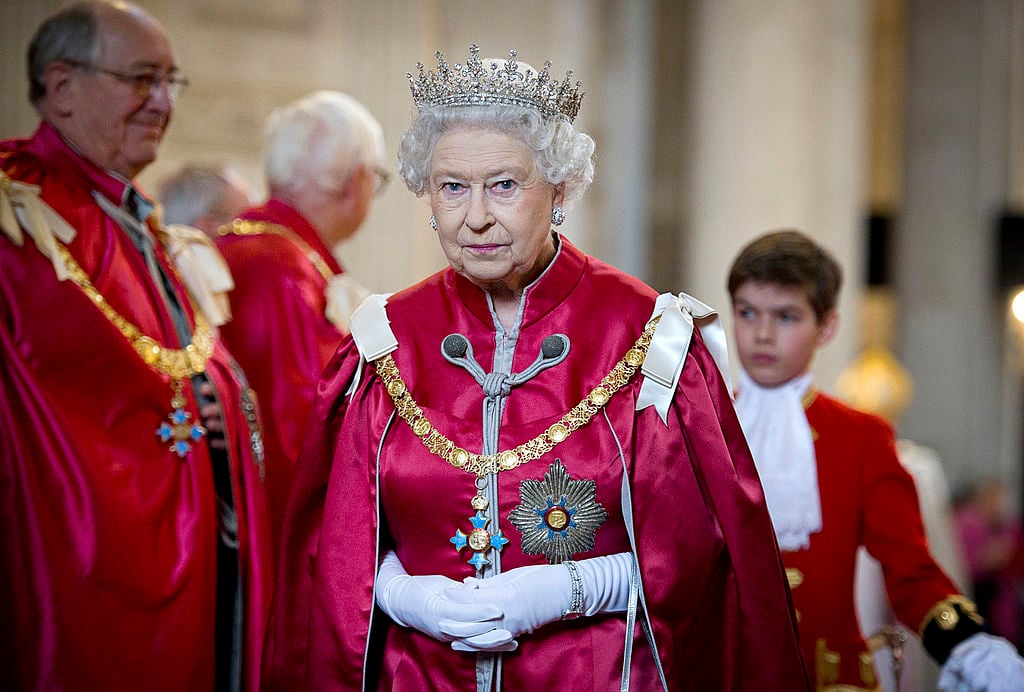
Queen Elizabeth helped change the perception of the monarchy
There are so many historic things about Queen Elizabeth’s reign. The 93-year-old monarch has served as queen longer than anyone in the history of the nation, and during her tenure, she’s transformed so many rules and customs it’s difficult to keep track.
One of the most significant changes she’s made is altering how her constituents view the office. According to constitutional expert Vernon Bogdanor, Her Majesty transformed the monarchy, “from a rather magical monarchy to a public service monarchy.”
“In 1952 we were a very deferential society. Apparently, one-third of people thought she had been chosen by God,” Bogdanor explained. It was a very “distant and remote institution” but is now “a much more utilitarian institution, to be judged by what it contributes to public service and community feeling.”
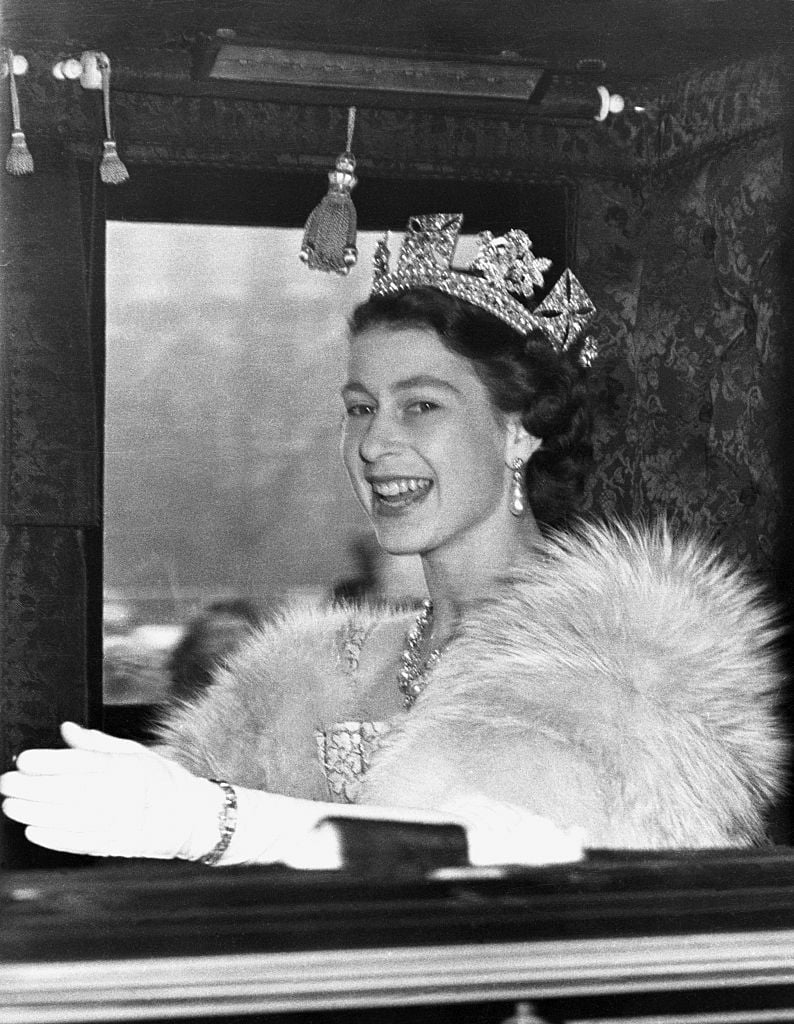
The media helped paint the monarchy in a new light
It wasn’t just Queen Elizabeth’s reign — which began in 1952 when her father died — that helped change how people viewed the role. That time also coincided with television becoming more mainstream and therefore, royal family privacy becoming nonexistent. It’s a trend that’s still ongoing. Just ask Prince Harry and Meghan Markle.
In some ways, the media helped spread the messages that royal family members were trying to share. But in a negative way, at least for them, media coverage of royal scandals made it abundantly clear that even Queen Elizabeth was human. Anyone who once believed in some mystical status for royals quickly realized it wasn’t true.
Queen Elizabeth might still believe in her Divine Right to rule
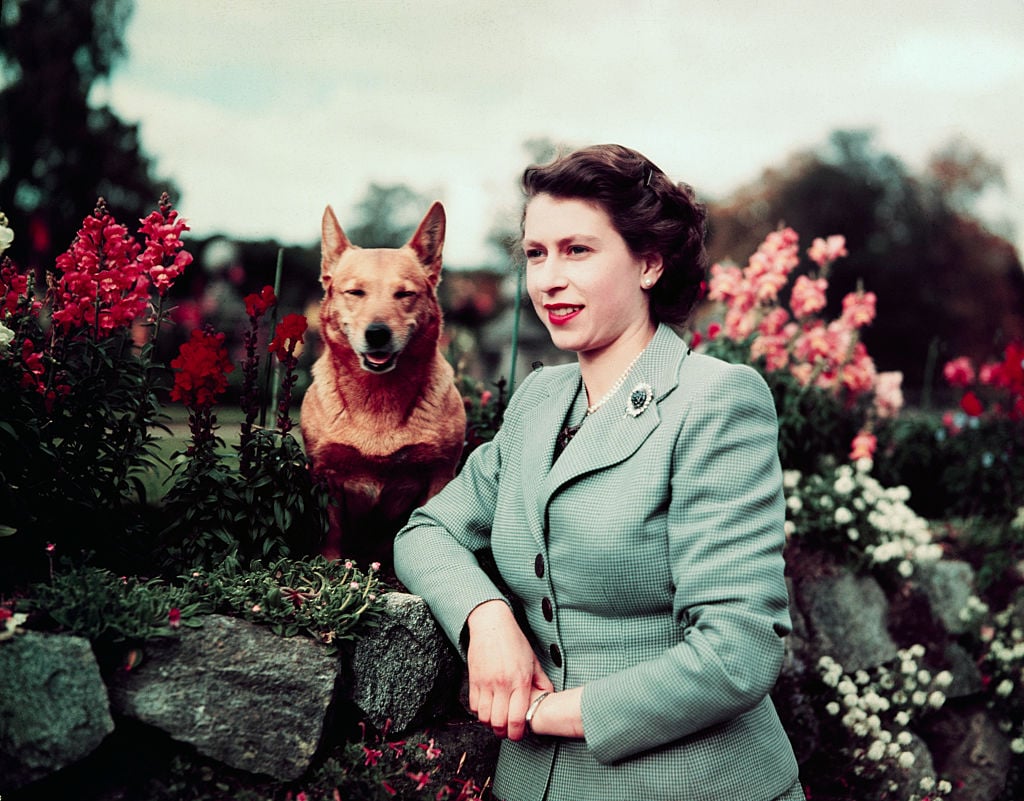
It’s true that Queen Elizabeth only became queen because of a surprising twist in history when her uncle abdicated the throne to marry an American divorcee. But even so, Her Majesty probably believes she was destined to sit on the throne. It’s similar to how priests or preachers are called to serve churches — they feel the calling in their hearts. The queen was anointed with chrism at her coronation to seal her commitment in a sacred way.
As the head of the Church of England, Queen Elizabeth knows her role is special, even though from a government perspective it’s seen as largely ceremonial. That’s one reason why most royal followers don’t think she’ll ever abdicate — serving as queen isn’t just a job, it’s a sacred duty. And Queen Elizabeth isn’t about to walk away if she can still perform it well.
